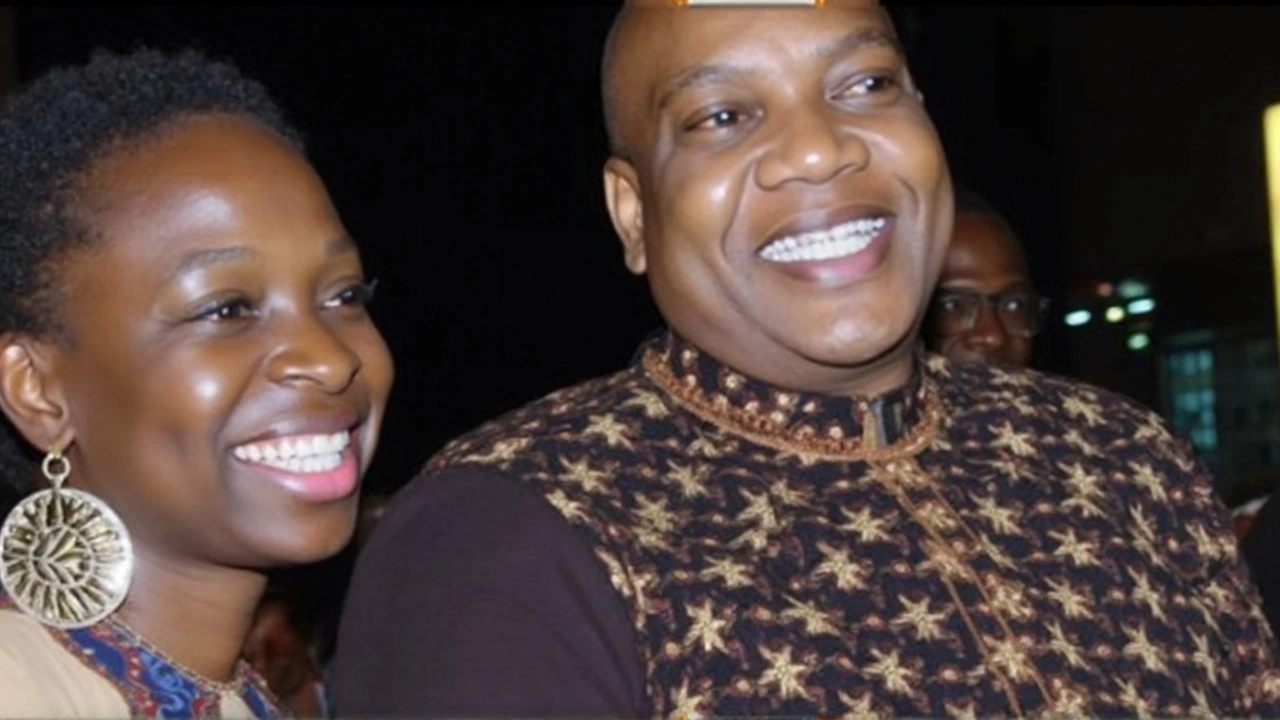Nepotism Controversy: What’s Happening Right Now
Whenever a family name keeps popping up in boardrooms, sports line‑ups, or even government posts, people start talking about nepotism. It’s the word we use when a leader seems to hand out jobs to relatives or close friends instead of hiring on merit. The result? Trust slips, morale drops, and the news cycle lights up with criticism.
Big Names, Big Questions
Recent headlines give a clear picture of why nepotism controversy is buzzing. In August 2011, Marshalls promoted Sanjiv Shah to CEO even though the company was already dealing with a rapid turnover of top executives. Many wondered if Shah’s connections, rather than his track record, secured the role. A similar story unfolded at Dangote Petroleum, where former Shell executive David Bird was tapped as CEO. While Bird’s résumé looks solid, observers still ask whether inside relationships helped him land the job faster than other qualified candidates.
Sports aren’t immune either. Memphis Depay’s benching at Corinthians sparked a contract dispute that some fans linked to favoritism in the club’s management. Even high‑profile clubs like PSG and Inter Miami face scrutiny when star players receive contracts that seem out of step with team budgets, prompting fans to question if personal ties are at play.
How You Can Spot Nepotism
Spotting nepotism isn’t about finding a single clue; it’s about noticing a pattern. Look for these red flags:
- Sudden promotions of relatives or close friends without a clear performance record.
- Hiring decisions that bypass normal interview processes.
- Compensation packages that sharply exceed industry standards for similar roles.
- Public disputes or resignations that hint at internal favoritism.
When you see several of these signs together, it’s a strong hint that nepotism might be influencing the decision. For example, the rapid CEO turnover at Marshalls combined with Shah’s quick appointment raised eyebrows because the usual vetting steps seemed rushed.
Why does it matter to you? If you’re a job seeker, knowing the signs helps you avoid workplaces where merit takes a back seat. If you’re an investor or fan, it alerts you to potential mismanagement that could affect a company’s performance or a team’s results.
Ultimately, the best antidote to nepotism controversy is transparency. Companies that publish clear hiring criteria, open up salary ranges, and involve independent panels in selection tend to dodge the backlash. Fans and employees who demand that level of openness push organizations toward fairer practices.
So the next time you hear a story about a CEO appointment or a star player’s contract, ask yourself: “Is this based on skill, or is there a family connection behind the scenes?” The answer often shapes the public’s trust and the long‑term success of the organization.

